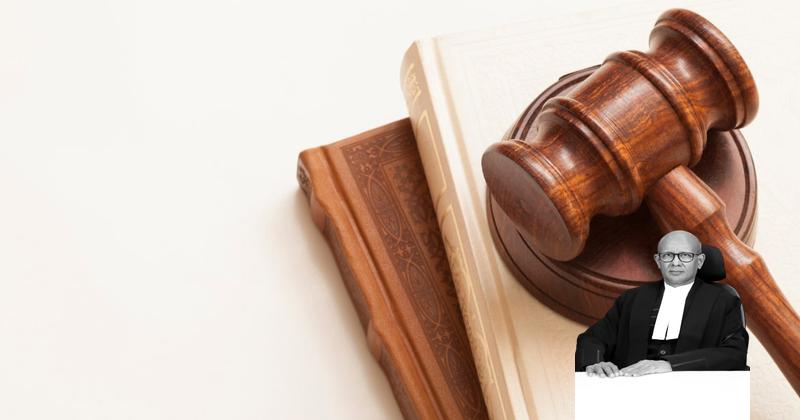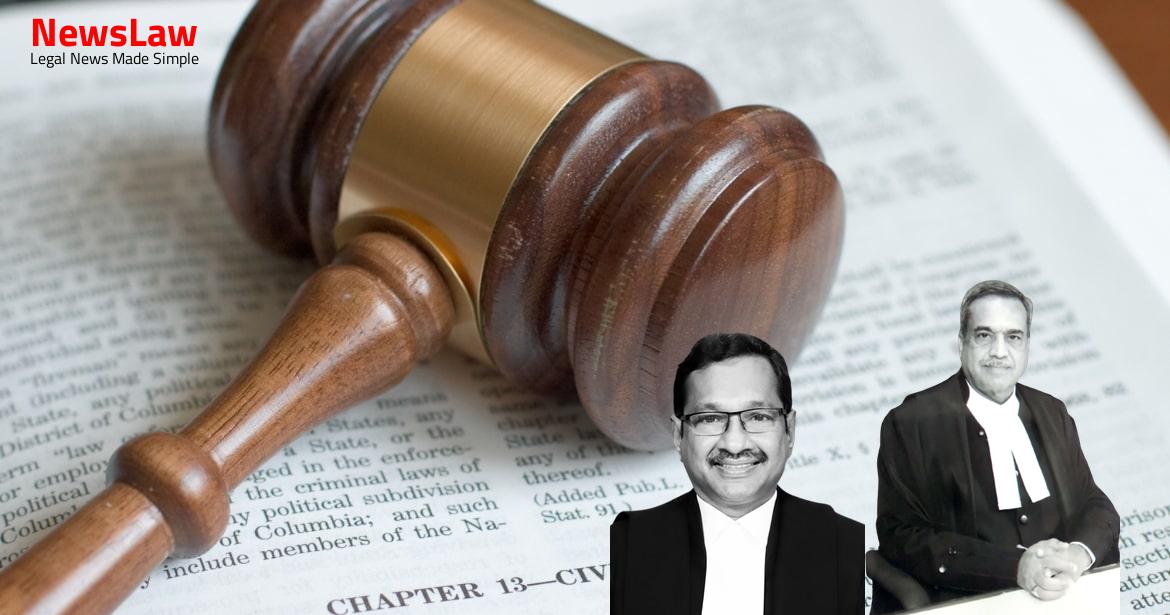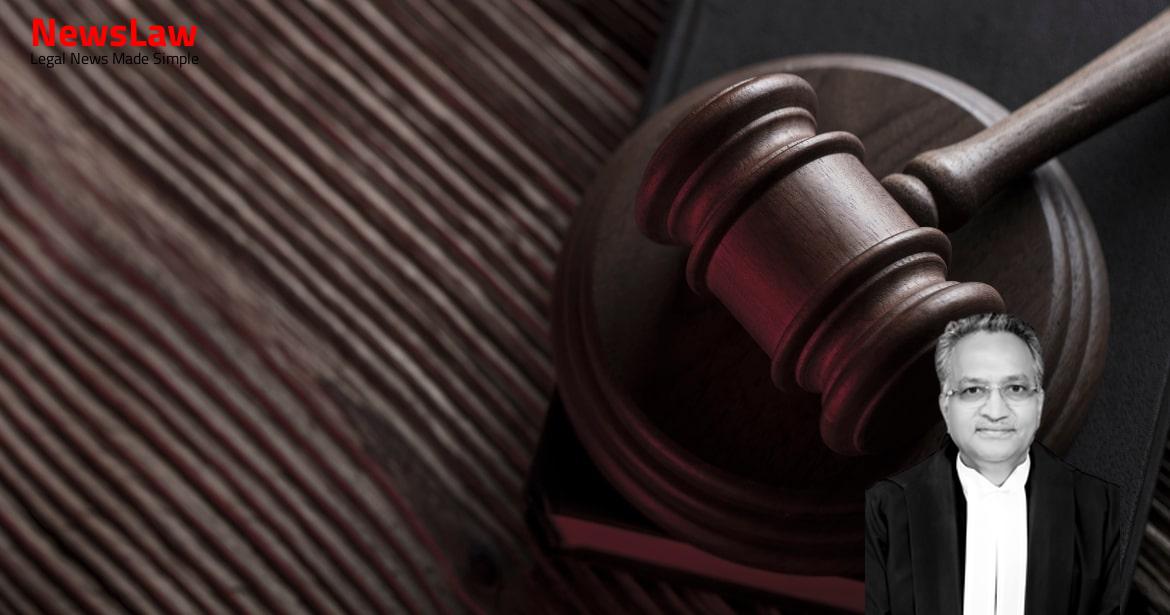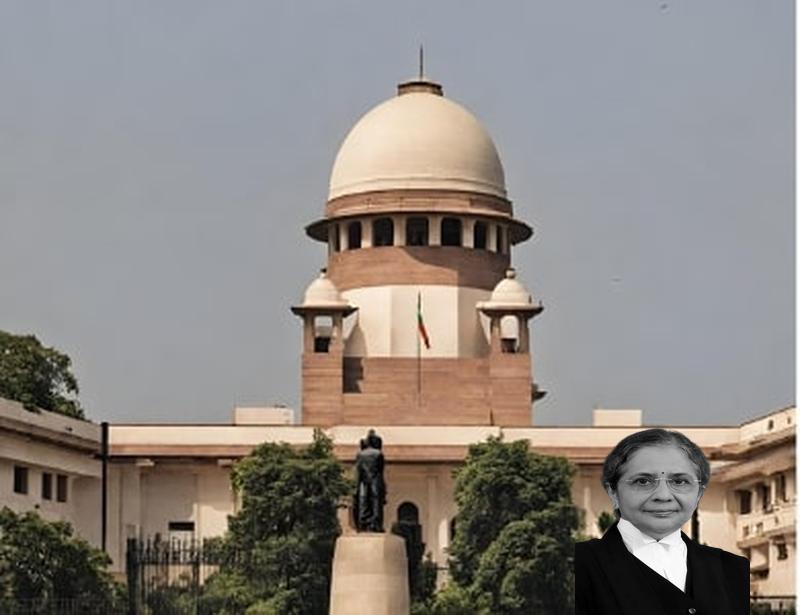It is to be noted that part of the subject land, including the land in possession of the Appellants, was declared as reserved forest, and the other part of the said land was subject to a notification under Section 4 of the Forest Act for declaration as reserved forest.
This Court, vide judgment and order dated 20.11.1986 in the abovementioned writ petition, directed the formation of a High Powered Committee consisting of a retired High Court Judge and two officers for the purpose of adjudicating upon the claims of persons over the said disputed land, and subsequently, further directed the claims to be heard by Forest Settlement Officer. The respondent Forest Department then filed a Review against the order dated 04.04.1991, however, while observing that the nature of the review was more in the nature of an appeal, dismissed the same vide order dated 08.12.2005. As against the abovementioned impugned order of the High Court, the appellants herein have preferred the present appeals.
In the case of Banwasi Sewa Ashram (Supra), wherein certain Adivasi communities inhabiting the situate land were being evicted from their homes on grounds of the said land being subject to a Section 4 notification under the Forest Act, this Court held that the said inhabitants had a right for their claims to be heard by the Forest Officer, and it was the forest officer, who had the power to go into the merits of the case and decide the claims of the inhabitants.
While we are aware of the fact that the Appellants herein are not from a backward community and nor do they claim to be so, however, the abovementioned Banwasi Judgment (Supra), if interpreted in a narrow manner only to benefit certain recognized forest communities, would cause a great deal of harm to multiple other communities.
This right to be heard, in our opinion, must be granted to all claiming possession of the subject land, and the substantial right of possession can be granted or denied during the said hearing, by the competent authority, that is to say, the right to be heard must be enjoyed by all, and the right to possess, must be enjoyed by those who have a legitimate claim.
This Court, in a catena of judgments has held that the High Court, while exercising its inherent powers under 226 of the Constitution of India, cannot re-appreciate evidence and arrival of finding of facts, unless the authority which passed the original order did so in excess of its jurisdiction, or if the findings were patently perverse. Director of Consolidation, this Court, in a similar fact circumstance wherein concurrent findings of the lower courts were dismissed by the High Court while exercising its writ jurisdiction, held that re-appreciation of evidence under Article 226 can only be done in cases where the original order by the lower court was passed in excess of its jurisdiction or if the findings of the lower courts were patently perverse.
It must be noted that the introduction and admission of evidence at the trial stage goes through a rigorous process, wherein each piece of evidence introduced is subject to very strict scrutiny, and every party is given the opportunity to test the veracity of the said evidence through procedure established by law.
In the present case at hand, both the issues framed by us has been answered in favour of the Appellants herein, that is to say, the remedy granted under the Banwasi Sewa judgment (supra) is available to the appellants herein, and the reappreciation of evidence done by the High 11 Court while exercising its inherent powers under Article 226, in our opinion, is bad in law and is liable to be struck down. ………….,J (AHSANUDDIN AMANULLAH) NEW DELHI; 05 JULY, 2023 12
Case Title: HARI PRAKASH SHUKLA . Vs. THE STATE OF UTTAR PRADESH (2023 INSC 600)
Case Number: C.A. No.-009697-009698 / 2014



